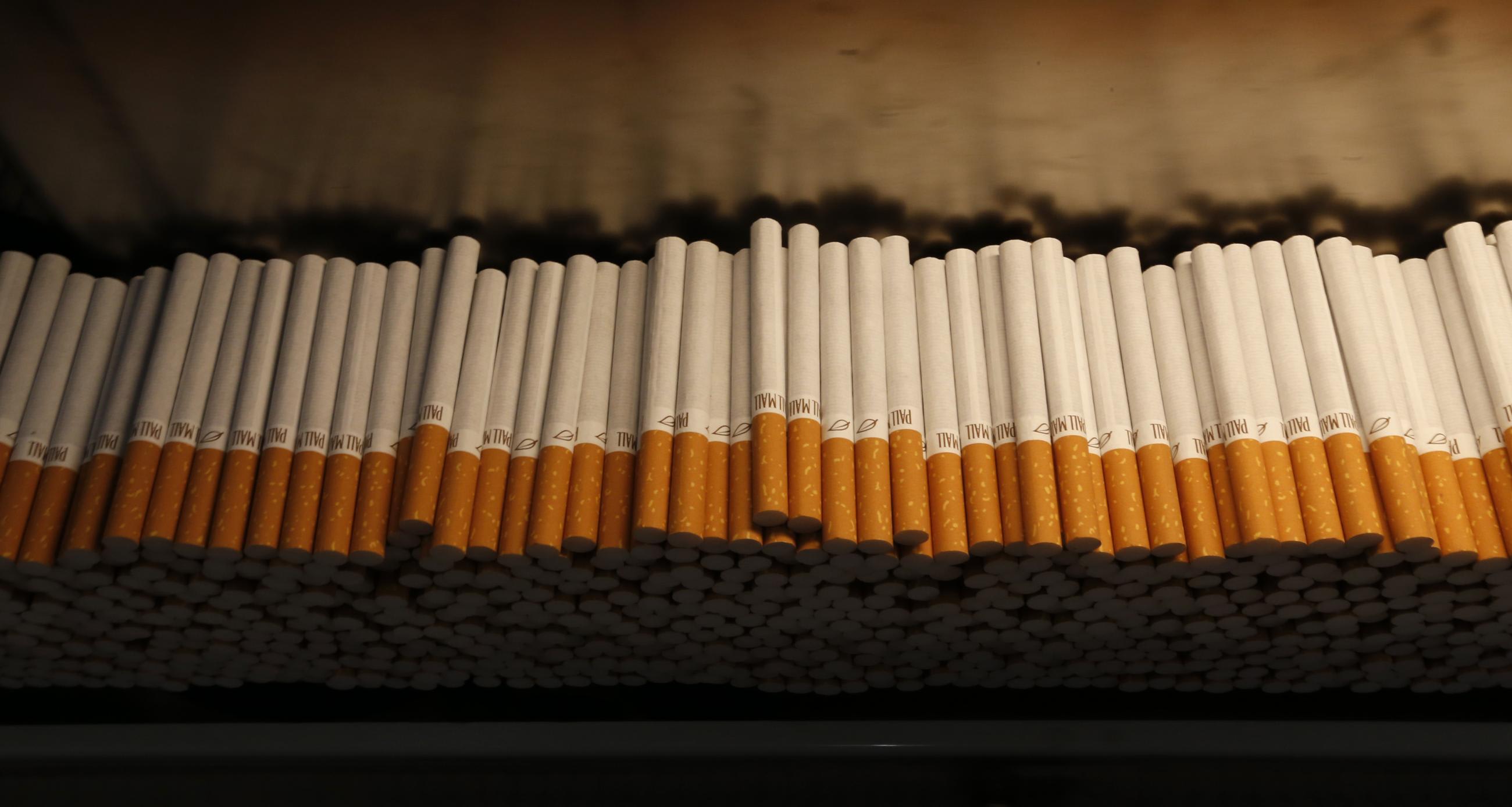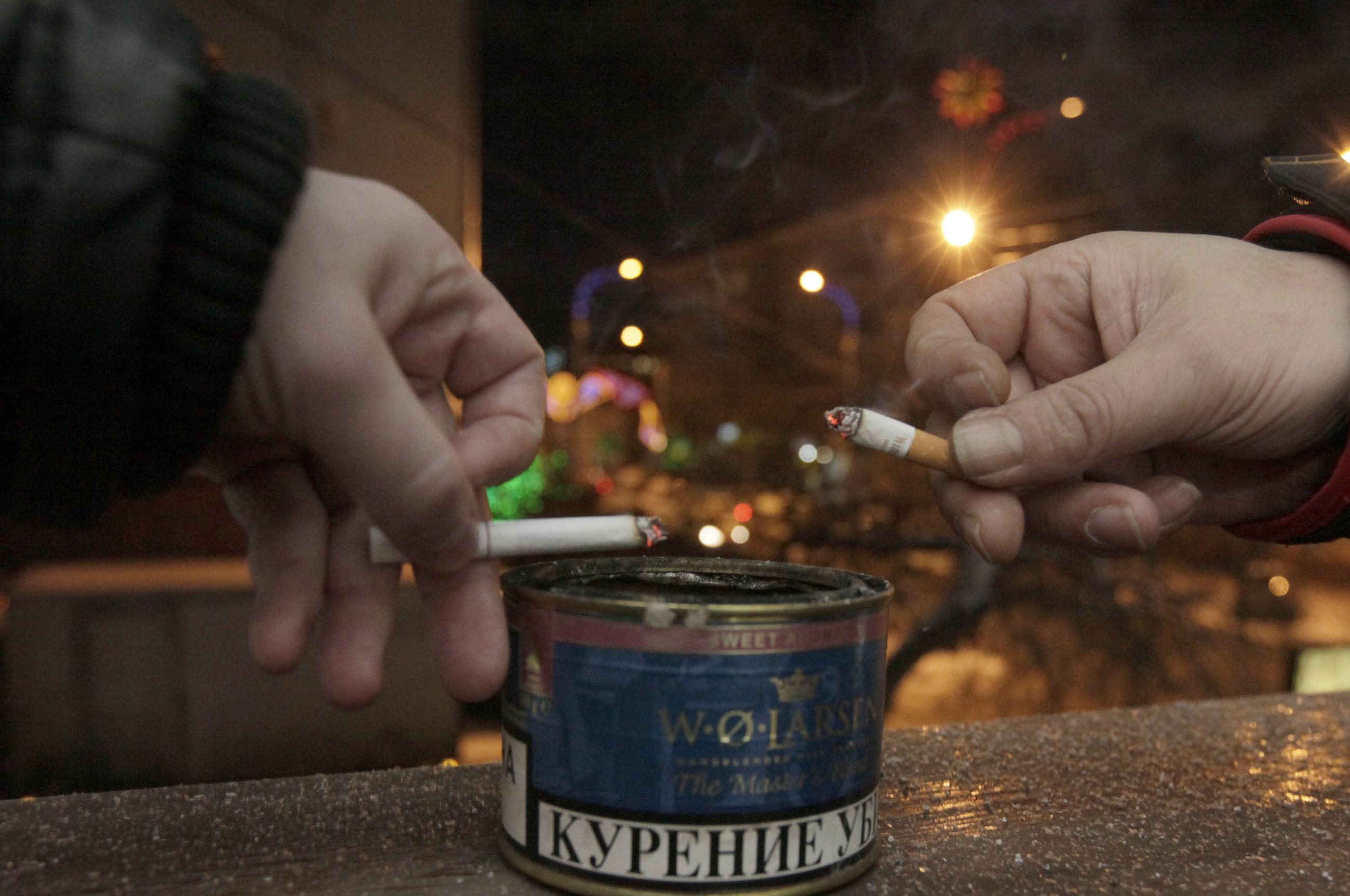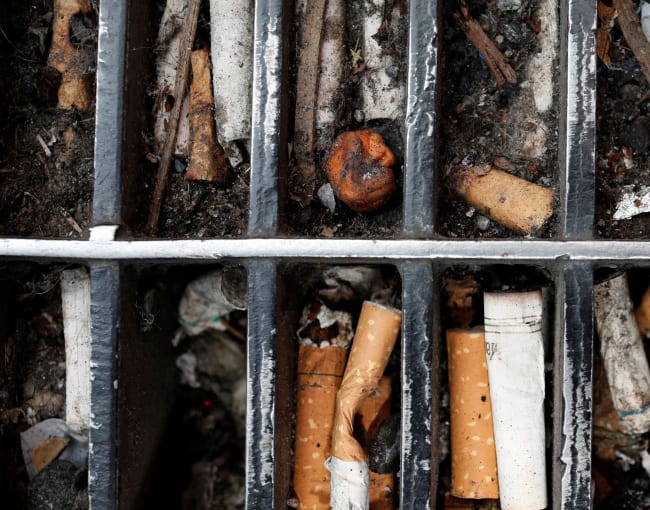Tobacco is the leading cause of preventable disease and death globally. Tobacco products kill more than 8 million people worldwide annually and cause almost 25% of cancer deaths, more than 85% of lung cancers, and many other diseases. More than two-thirds of smokers want to quit but have not done so. That is by design. The tobacco industry has historically engineered its products to boost their addictive nature, and has concealed and manipulated evidence of their damaging health impacts.
Public health agencies continue the fight against tobacco, including combating tobacco companies' efforts to undermine public health measures. The focus on health, however, has allowed many of the tobacco industry's business and political practices to fly under the radar.
That pattern is changing. Governments are increasingly scrutinizing the industry under regulatory regimes that are not focused on public health. Over the past two years, investigations have shed light on and punished many questionable, illegal, and criminal activities of tobacco companies.
Sanctions Evasion
In April 2023, British American Tobacco (BAT) agreed to pay more than $629 million in penalties to resolve bank fraud and sanctions violations following a criminal investigation by the U.S. Department of Justice and Office of Foreign Assets Control into BAT's activities in North Korea. Jack Bowles, then CEO of BAT, stated, "On behalf of BAT, we deeply regret the misconduct arising from historical business activities that led to these settlements and acknowledge that we fell short of the highest standards rightly expected of us."
BAT stated in 2007 that it was no longer involved in North Korea. U.S. authorities described how it continued conducting business in the country for a least a decade through a third-party company in Singapore, with BAT maintaining "control over all relevant aspects of the North Korean business." According to the U.S. government, BAT's third-party company in Singapore, later identified by journalists as SUTL Group, earned approximately $415 million from transactions in North Korea that it passed on to BAT Marketing Singapore and BAT. SUTL Group has long faced allegations of smuggling. In 2000, the International Consortium of Investigative Journalists noted that SUTL Group handled much of BAT's illegal sales in Asia.
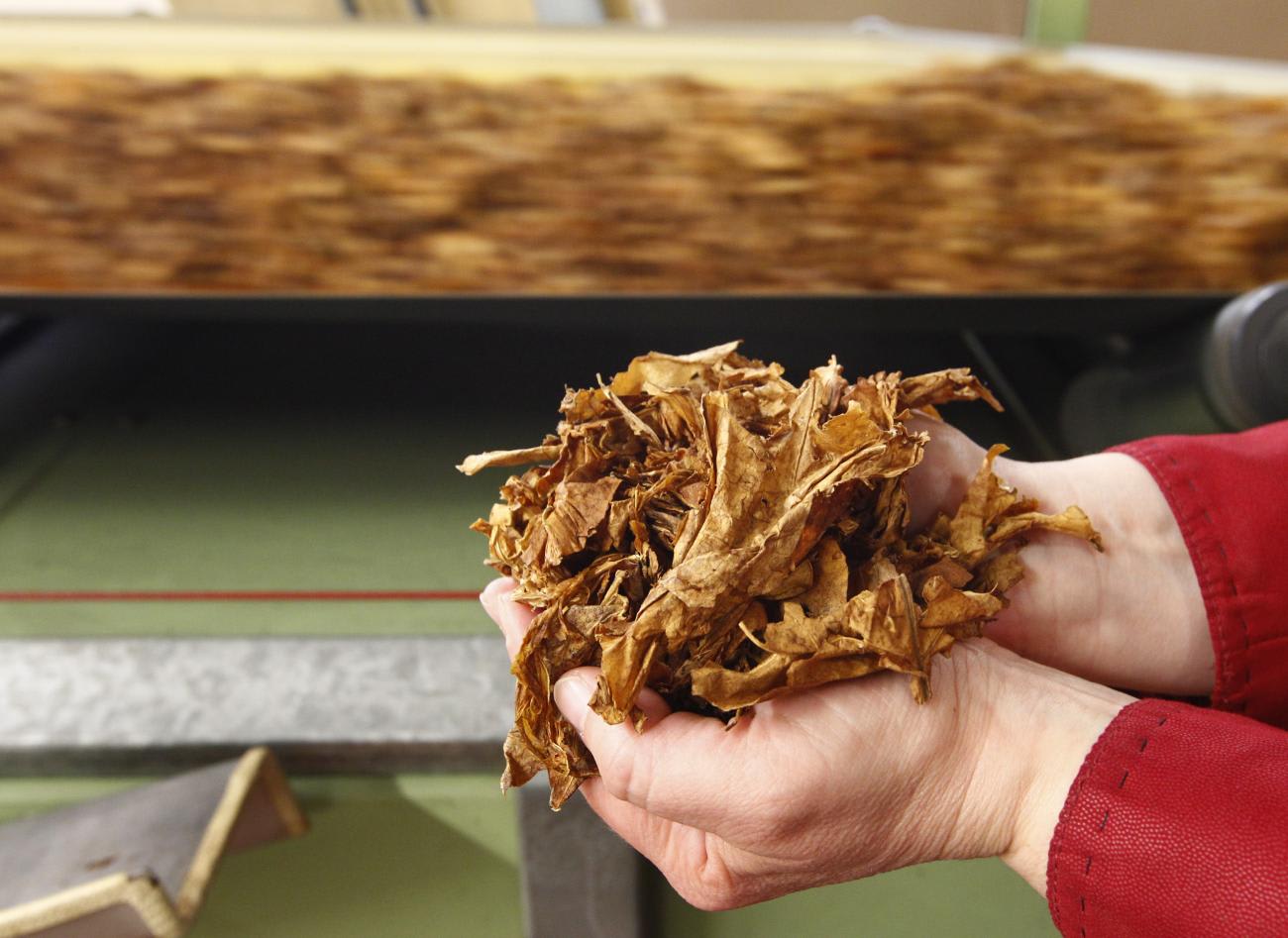
BAT's evasion of sanctions on North Korea is not an isolated incident for the tobacco industry. BAT, Philip Morris International (PMI), and other tobacco companies smuggled their products into Iran in the 1990s to circumvent sanctions and other trade restrictions. The companies later signed agreements with Iranian authorities to sell their products legally and curb illicit trade.
However, a recent analysis of internal documents from 2000 through 2014, in which I was involved, indicates that BAT still appears to be involved in illicit trade. In 2021, BAT agreed to sell its Iranian subsidiary. Our analysis of BAT documents concluded that, given the company's exposed actions in North Korea, the company's activities in Iran warranted further examination, including for potentially violating sanctions.
Funding Russian Aggression
Similar behavior is apparent concerning Russia after its February 2022 invasion of Ukraine. Following the invasion, tobacco companies and other multinational corporations faced pressure to leave Russia so that their tax contributions would not help fund the Kremlin's military effort. BAT's business in Belarus, a Russian ally, had also come under scrutiny.
In March 2022, PMI, BAT, and Imperial Brands promised to withdraw from the Russian market, and Japan Tobacco International (JTI) said it would suspend new investments and marketing activities in the country. Only Imperial Brands, which has a minor market share in Russia, quickly left. In September 2023, approximately 18 months after pledging to leave, BAT announced the sale of its Russian and Belarussian businesses to ITMS Group, a consortium led by BAT Russia's management team.
Two years after the invasion of Ukraine, PMI and JTI still operate in Russia, despite mounting international sanctions. In 2022, PMI ranked first by revenue of all multinational companies in the country ($7.9 billion), with JTI a close second ($7.4 billion), and BAT fifth ($4.2 billion). Tobacco-company revenue increased after the war started, PMI's net profit in the first year after the invasion jumping 45%. In the first six months after the invasion alone, PMI, JTI, and BAT contributed 6.3 billion pounds sterling ($7.6 billion) in tax revenue to the Russian state.
Two years after the invasion of Ukraine, PMI and JTI still operate in Russia, despite mounting international sanctions
In February 2023, PMI's chief executive officer admitted that the company may never leave Russia given its duty to shareholders. In October 2023, PMI's managing director in Ukraine explained that continuing operations during war means that the company "can earn money and talk about profitability and income" and retain the consumer's loyalty to the brand after the conflict ends. In November 2023, JTI Russia's director of corporate relations and communications stated that JTI had decided to remain in the country "in order not to deprive consumers of the product to which they are accustomed."
Abuse of Market Power and Corruption
In December 2023, Nigeria's Federal Competition and Consumer Protection Commission imposed a $110 million fine on BAT for violating Nigerian competition and consumer protection laws by abusing its market dominance—the biggest fine the commission has ever levied. The commission noted that BAT had initially attempted to "prevent execution of the search warrant" and refused to cooperate and comply fully with the investigation.
In Italy, an anti-corruption investigation against BAT is under way. Italian authorities have accused BAT of donating 175,000 euros ($186,660) to the Fondazione Open (Open Foundation)—of which investigators considered former Prime Minister Matteo Renzi as the de facto director—in exchange for favorable policies, including on excise duties. BAT's Italian subsidiary also faces charges for "allegedly failing to stop its employees from participating in corruption."
Tax Evasion and Securities Fraud
In October 2023, the National Board of Revenue in Bangladesh fined BAT $187 million for tax evasion. A few weeks later, a Dutch court ordered BAT to pay a 107 million euros ($117 million) fine and back taxes owed on 1.8 billion euros ($1.96 billion) of profits.
In December 2023, BAT wrote down $31.5 billion from the value of its U.S. cigarette brands because of lower than anticipated sales, resulting in an 8.5% drop in the company's share price. In response, several U.S. law firms prepared a class action lawsuit against BAT, alleging the provision of "misleading business information to investors" and violations of U.S. securities law.
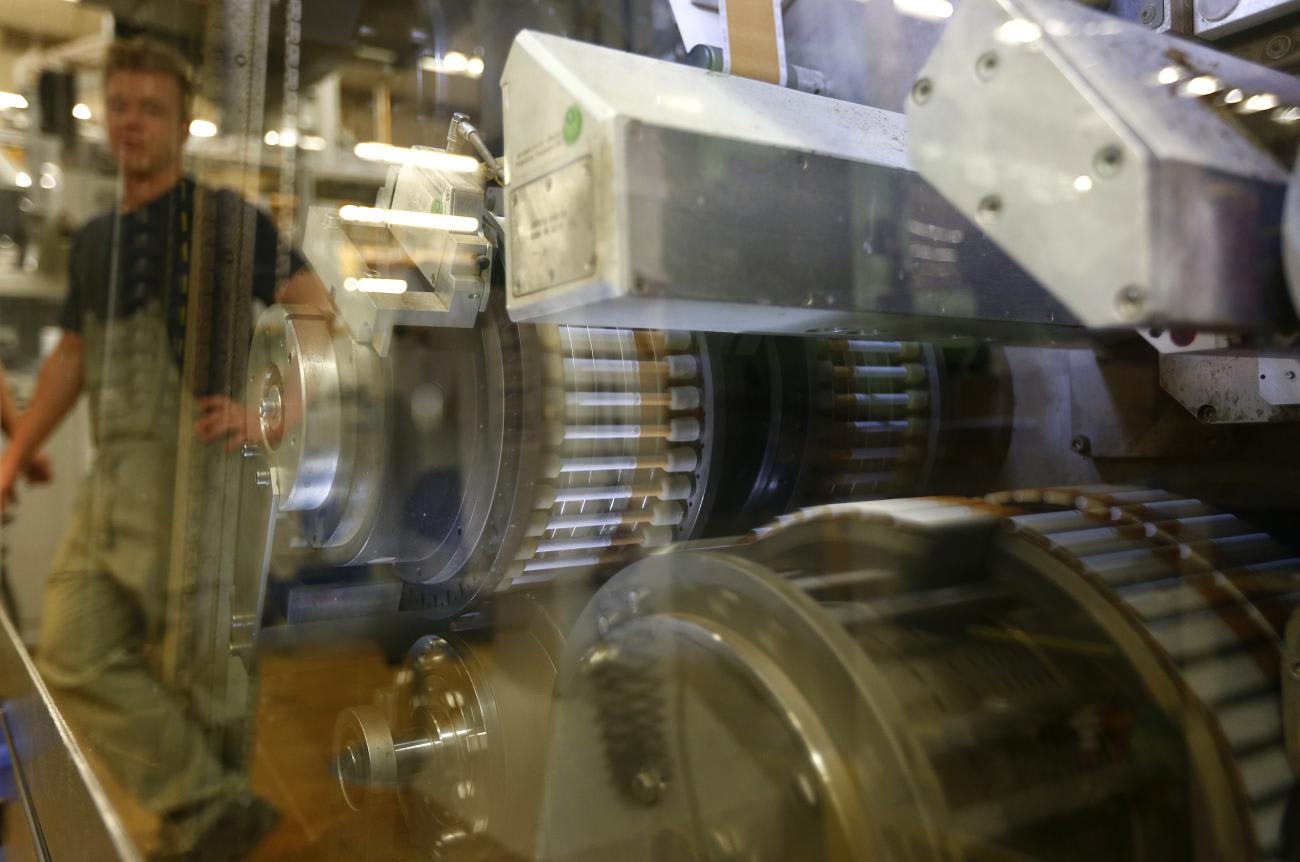
Abuses in Africa
The behavior of tobacco companies in Africa has also been investigated. In Malawi, law firm Leigh Day represents more than 7,000 farmers in a lawsuit against BAT and Imperial Brands alleging "the systemic exploitation of poor and illiterate workers," including "child and forced labour."
Across East and Central Africa, an analysis found that BAT made at least 236 payments totaling $601,502 between July 2008 and May 2013 to politicians, civil servants, parliamentary committees, a magistrate, and staff of competitor companies. BAT used the payments to "obtain information on and influence policy," and "spy on and undermine competitors across ten countries."
In southern Africa, internal documents indicate that BAT relied on a service provider to deploy a network of more than 200 informants to spy on competitors and disrupt their production and distribution processes, co-opting local law enforcement agencies in the process, all disguised as an effort to fight the illegal tobacco trade. Meanwhile, the company itself remained potentially complicit in illicit trade. BAT was also accused of discussing a bribe of between $300,000 and $500,000 for Zimbabwean dictator Robert Mugabe.
Recent developments in regulatory regimes not based on public health reveal the continued hypocrisy and duplicity of the tobacco industry's behavior
The UK Serious Fraud Office (SFO) investigated allegations against BAT but concluded in January 2021 that the evidence "did not meet the evidential test for prosecution." Questions, however, remain unanswered, in part, because the SFO decided not to interview several whistleblowers who were open to cooperating.
Are the Tables Turning on Big Tobacco?
Big Tobacco was first held to account at the turn of the twenty-first century for lying to the public about the deadly effects of cigarettes and for causing the colossal health-care costs associated with smoking illnesses. Subsequently, the tobacco industry has fought to restore its image. Tobacco companies have attempted to rebrand the industry as a responsible stakeholder, a trusted partner, and the solution to problems it created, from illicit trade to the harms of tobacco consumption.
Recent developments in regulatory regimes not based on public health reveal the continued hypocrisy and duplicity of the tobacco industry's behavior. Full accountability is still beyond reach, but the actions that governments have taken against tobacco companies under an expanding range of laws offer a promising strategy for helping bring Big Tobacco to justice.
